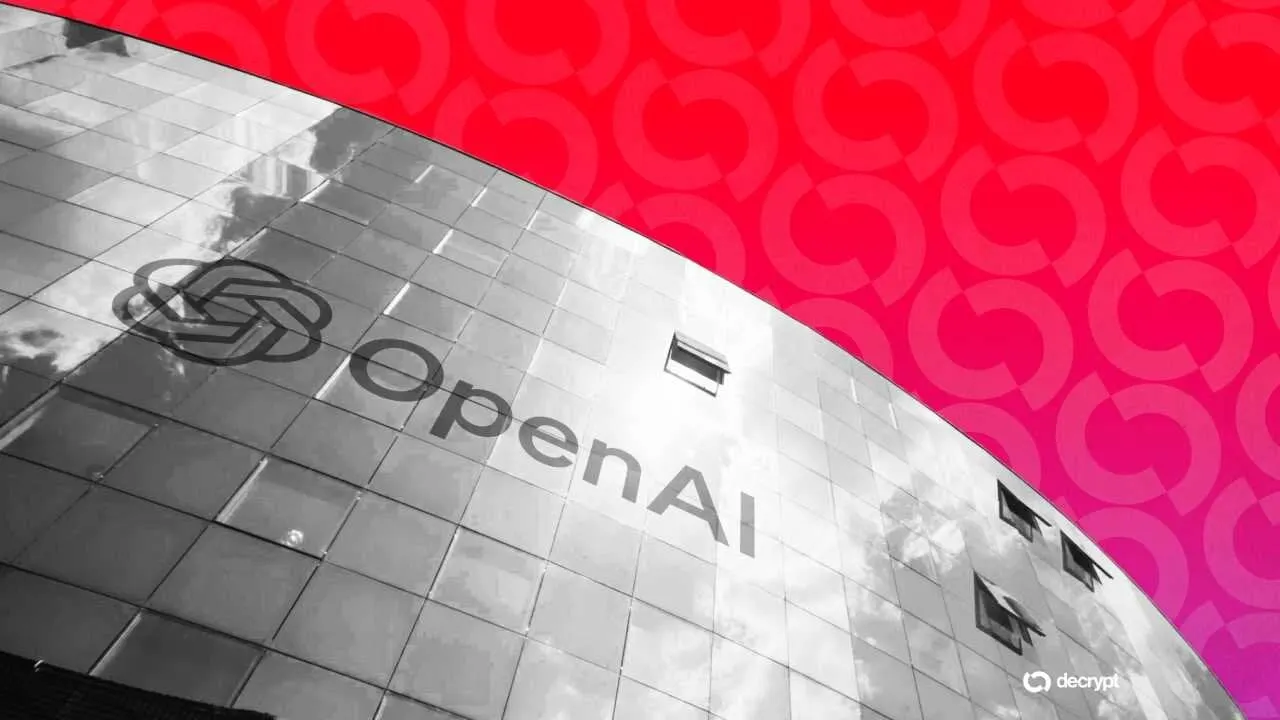In brief
- ChatGPT Atlas is initially available on macOS with versions for Windows, iOS and Android to follow. 
- Built on the Chromium engine, it embeds the Operator AI agent which can automate tasks like booking reservations and filling out forms. 
- The launch signals OpenAI’s shift from being a chatbot provider to controlling a major browsing gateway — a potential threat to Google Chrome’s dominance.
OpenAI unveiled ChatGPT Atlas on Tuesday, marking its entry into the AI browser market with a tool combining the familiar web-surfing experience with built-in AI assistance.
Atlas is available initially Tuesday on macOS, with Windows, iOS, and Android versions expected to follow. "We want to bring this to Windows and mobile users as quickly as we can," OpenAI CEO Sam Altman said in a livestream.
Built upon the open-source Chromium engine—which also underlies Google's dominant Chrome and Microsoft Edge—the browser is designed to tightly integrate AI-powered capabilities. That includes the agent known as Operator—software that can autonomously fill forms, book reservations, summarize content, and assist with tasks directly within the browser environment.
Meet our new browser—ChatGPT Atlas.
Available today on macOS: https://t.co/UFKSQXvwHT pic.twitter.com/AakZyUk2BV
— OpenAI (@OpenAI) October 21, 2025
By becoming both the interface and the aid for browsing, OpenAI is positioning itself not just as a service accessed via browsers, but as the browser itself, thus entering a domain long ruled by Chrome—still the default for roughly three billion users worldwide.
In effect, OpenAI is attempting to shift the gateway through which users access the web, and with that, capture more of the traffic and monetization potential that flows around browsing habits, search, and attention.
The move is far from guaranteed to succeed. Users are deeply entrenched in existing browsers; migrating at scale means delivering real-world value in ways that matter. The AI agent features must perform reliably, seamlessly, and securely—only then will users consider switching.
Moreover, questions over privacy and control are amplified when a browser takes on proactive agentive functions rather than simply displaying pages. As industry watchers caution, the technical execution and business model will determine whether ChatGPT Atlas becomes a significant player or simply another experiment in browser innovation.
For content creators, publishers, and writers, the implications could be profound. If browsing begins to shift from manual navigation and keyword search to conversational commands and agent-driven actions, then strategies around SEO, web traffic, content discovery, and user behavior may have to evolve.
In short: OpenAI’s browser launch is a pivot point in how the internet might be accessed—though we'll see whether users respond positively to the AI giant's latest move.

